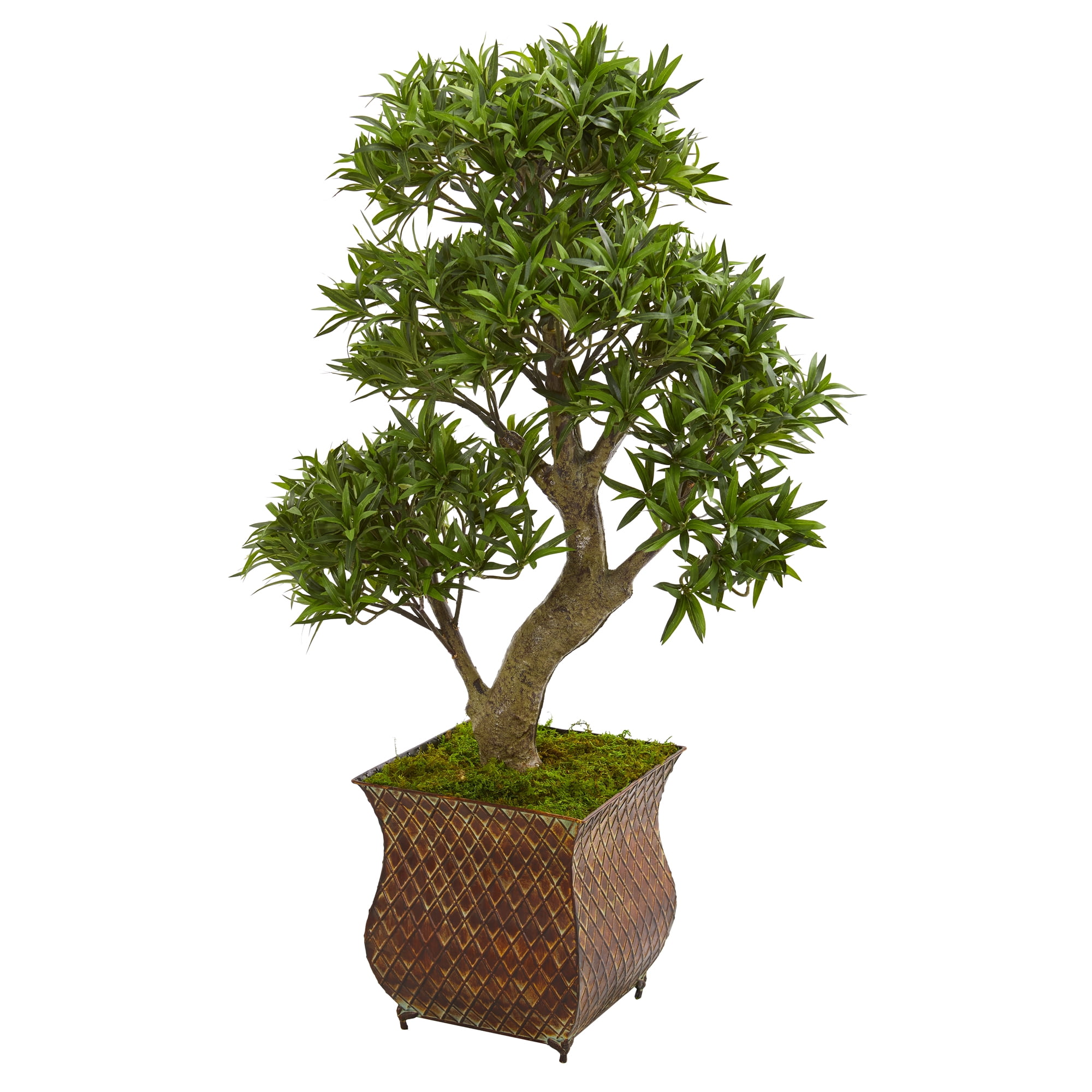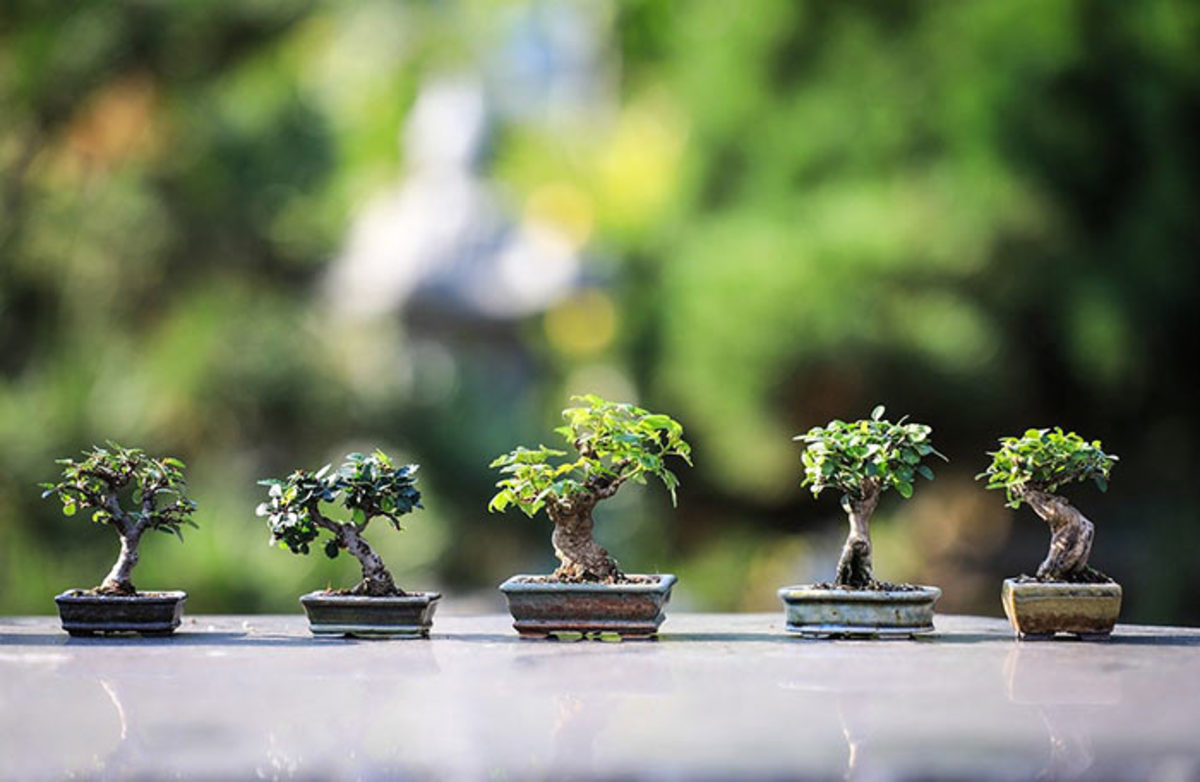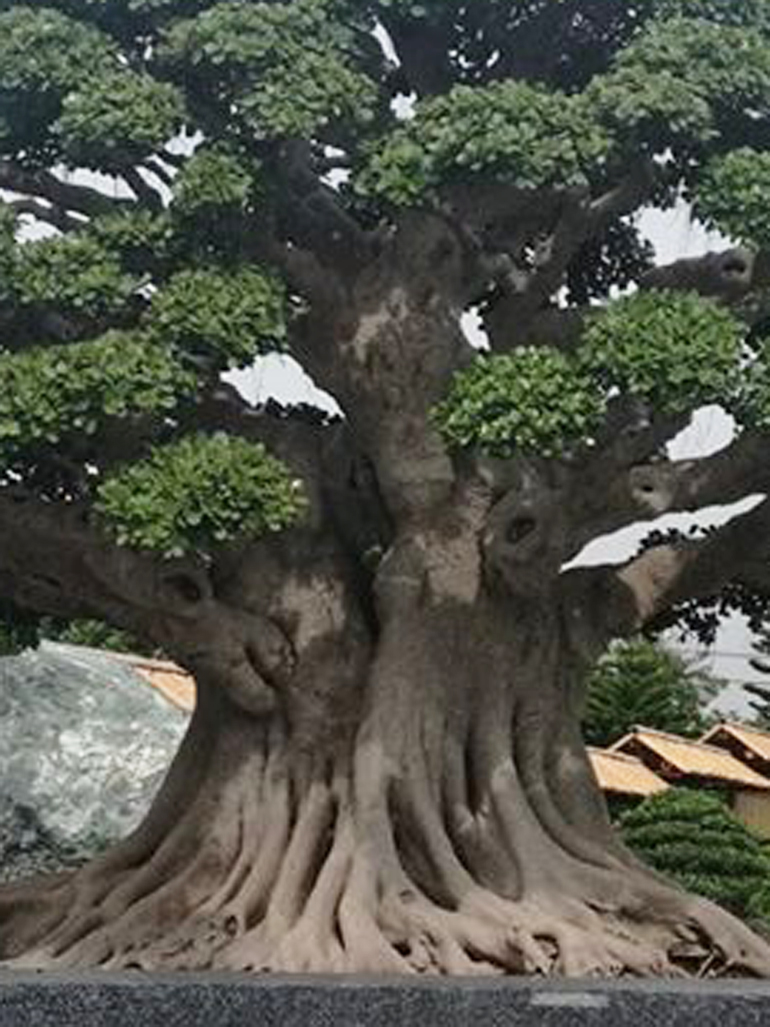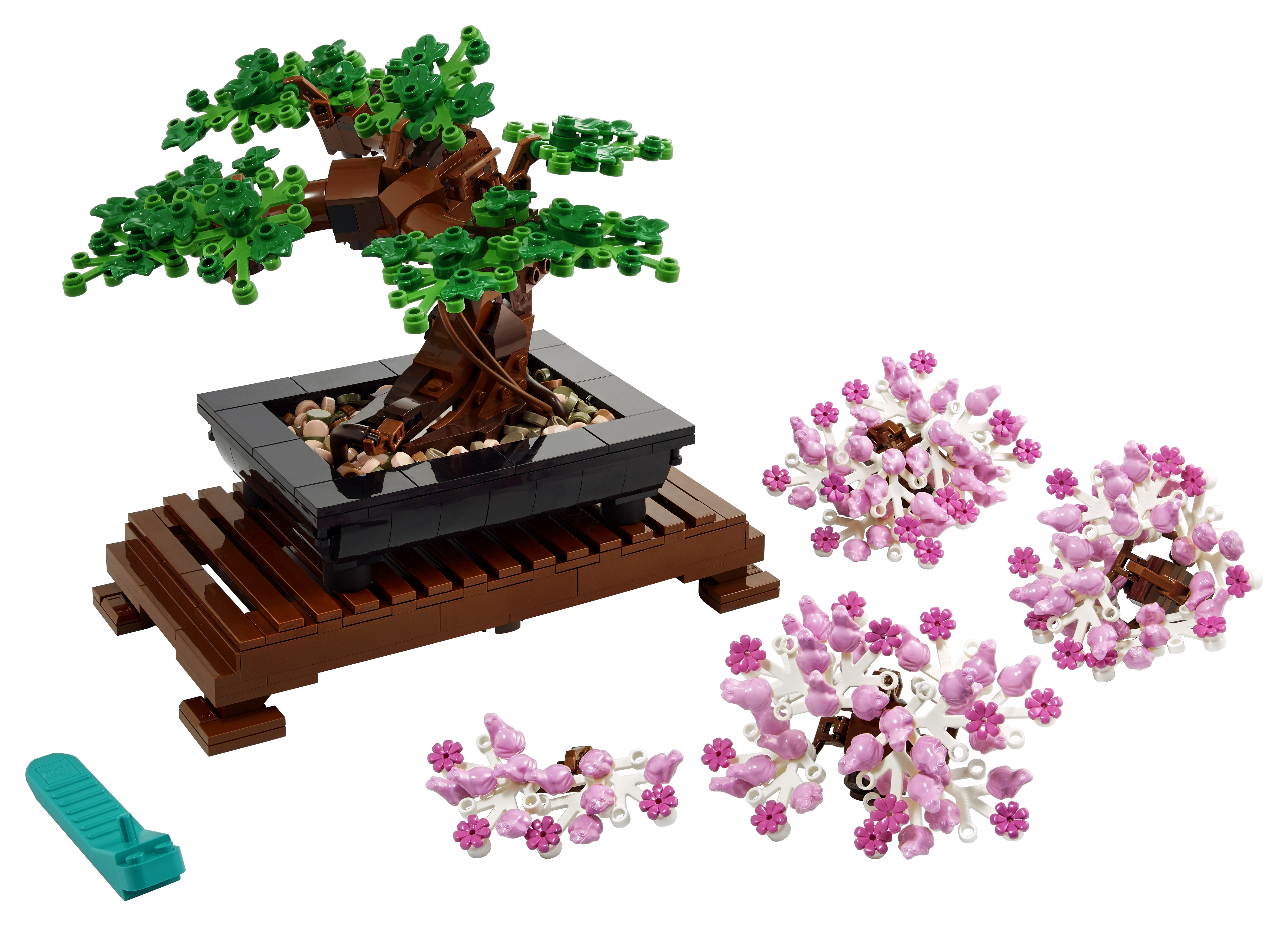Quarts frit turface akadama additives
Table of Contents
Table of Contents
Are you struggling to maintain your bonsai tree? Have you tried different soils but still can’t seem to get it right? The secret to a healthy bonsai tree lies in the soil it’s planted in. In this article, we’ll dive into the best soil for bonsai tree and how it can make all the difference in your tree’s health and growth.
Pain Points of Bonsai Tree Soil
Many bonsai enthusiasts struggle when it comes to choosing the right soil for their tree. The wrong soil can lead to problems such as over-watering, under-watering, and nutrient deficiencies. These issues can stunt the growth of your tree, and in some cases, can even lead to its death.
Choosing the right soil for your bonsai tree is crucial for its success. But with so many options available, how do you know which one to choose?
Answer: The Best Soil for Bonsai Tree
The best soil for bonsai tree is a mixture of organic and inorganic materials that provide good drainage and aeration while also retaining moisture and nutrients. A good bonsai soil mix should consist of soil particles of different sizes. It should have a mix of small particles such as sand, medium-sized particles like fine bark or peat moss, and larger particles like gravel or perlite. This mixture helps to create a well-draining soil that retains enough moisture to keep the roots healthy.
Summary of Main Points
In summary, choosing the best soil for bonsai tree is essential in ensuring its health and growth. A good soil mix should consist of a combination of organic and inorganic materials that provide good drainage, aeration, and moisture retention. A well-draining soil mix aids in preventing over-watering and under-watering, keeping the roots healthy, and providing the tree with the nutrients it needs to thrive.
Personal Experience: All-Purpose Bonsai Soil
My personal experience with bonsai soil has been with the all-purpose bonsai soil mix. This mix is a blend of organic and inorganic material, including lava rock, perlite, and sand. I have found this soil to be very effective in promoting healthy growth for my bonsai tree. Its fine texture ensures good drainage, while also retaining enough moisture to keep the roots hydrated.
 The Importance of Bonsai Soil pH
The Importance of Bonsai Soil pH
Another essential factor to consider when choosing the best soil for bonsai tree is the pH level of the soil. The pH level determines how acidic or alkaline the soil is, and this can hugely impact the growth of your tree. Bonsai trees thrive in slightly acidic soil, with a pH between 5.5 and 6.5.
It’s important to test your soil pH level regularly and make adjustments if necessary. You can use pH testing kits, which are readily available in most plant stores. If your soil is too acidic, you can add lime to raise the pH level. If it’s too alkaline, you can add sulfur to lower it.
The Importance of Nutrients in Bonsai Soil
Just like any other plant, bonsai trees need proper nutrients to grow healthy and strong. A good bonsai soil mix contains essential nutrients like nitrogen, phosphorus, and potassium. You can also add fertilizer to your soil, although care should be taken not to over-fertilize, as this can harm your tree.
 Personal Experience: All-Purpose Blend by Tinyroots
Personal Experience: All-Purpose Blend by Tinyroots
Another bonsai soil mix that has worked well for me is the all-purpose blend by Tinyroots. This mix is 100% organic and contains perlite, soil, and peat moss. I find that this mix provides excellent drainage and moisture retention, and my bonsai tree has thrived in it.
Question and Answer
1. How often should I water my bonsai tree?
It depends on the soil you’re using and the environmental conditions of your area. However, as a general rule of thumb, you should water your bonsai tree when the topsoil feels slightly dry to the touch.
2. Can I reuse my old bonsai soil?
Yes, you can reuse your old bonsai soil as long as it is still in good condition. Make sure to remove any dead roots or debris from the old soil and mix it with fresh soil to promote healthy growth.
3. What makes a good bonsai soil mix?
A good bonsai soil mix should have good drainage, aeration, and moisture retention. It should be a combination of organic and inorganic materials of different sizes, and it should have a slightly acidic pH level between 5.5 and 6.5.
4. How do I know if my bonsai tree needs to be repotted?
You should repot your bonsai tree when you notice that its roots have filled up the pot, or the soil is beginning to break down. Repotting ensures the tree has enough space for its roots to grow and receive proper nutrients.
Conclusion of Best Soil for Bonsai Tree
Choosing the best soil for bonsai tree is an essential factor in ensuring the tree’s health and growth. A good soil mix should have good drainage, aeration, and moisture retention, and a slightly acidic pH level between 5.5 and 6.5. Testing your soil’s pH level regularly and adding essential nutrients like nitrogen, phosphorus, and potassium can further promote healthy growth.
Gallery
What’s The Best Cheapest Bonsai Soil For Trees - YouTube

Photo Credit by: bing.com / bonsai soil
The Best Soil Mix For A Bonsai Tree - Bonsai Tree Resource Center | Bonsai Tree Care Tips, Tools
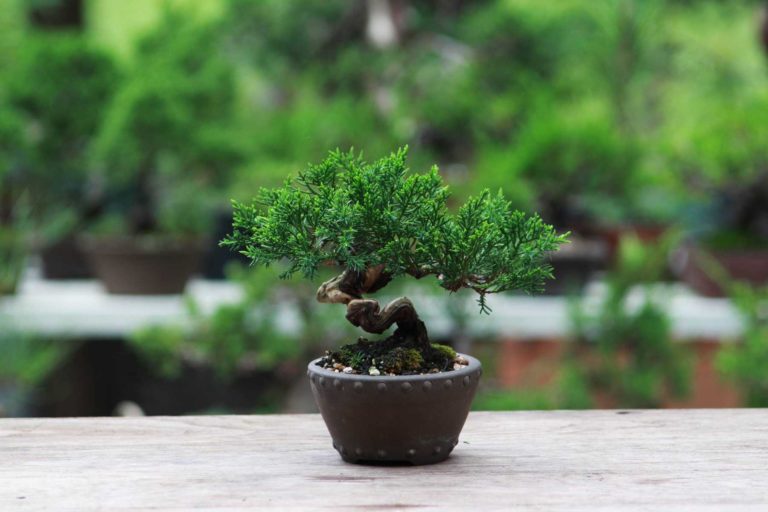
Photo Credit by: bing.com / bonsai arten plantura minneapolis cleanipedia beliebtesten wagners greenhouses eignen
Bonsai Tree Soil All Purpose Blend. Comes In 2 Quarts 4 | Etsy
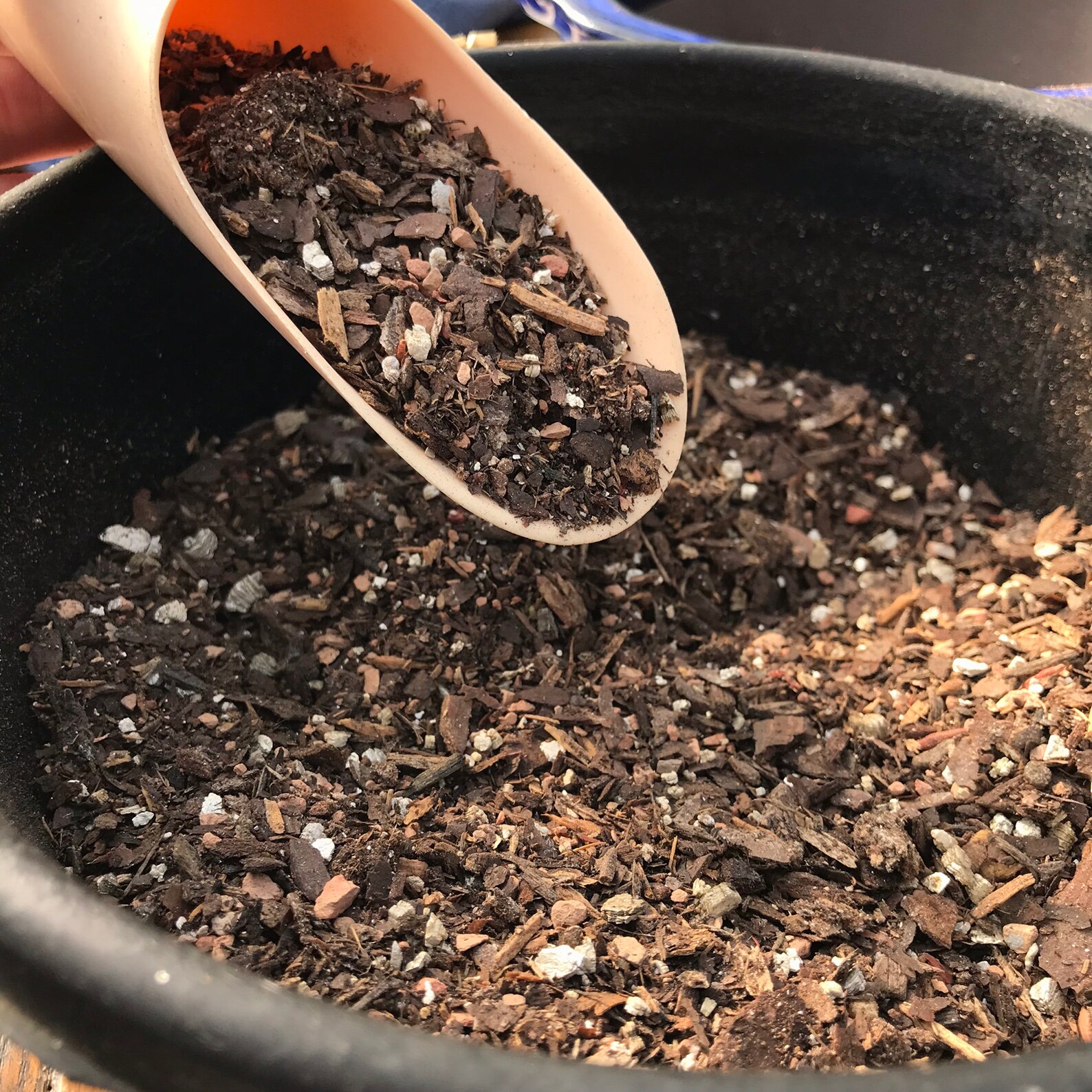
Photo Credit by: bing.com / quarts frit turface akadama additives
Bonsai Tree Soil - Two Quarts All-Purpose Blend Bonsai Soil Mix - Tinyroots 100% Organic - All

Photo Credit by: bing.com / bonsai potting quarts
Bonsai Tree Soil - Two Quarts All-Purpose Blend Bonsai Soil Mix - Tinyroots 100% Organic - All

Photo Credit by: bing.com / quarts blend akadama frit additives turface oxygen bonsais


